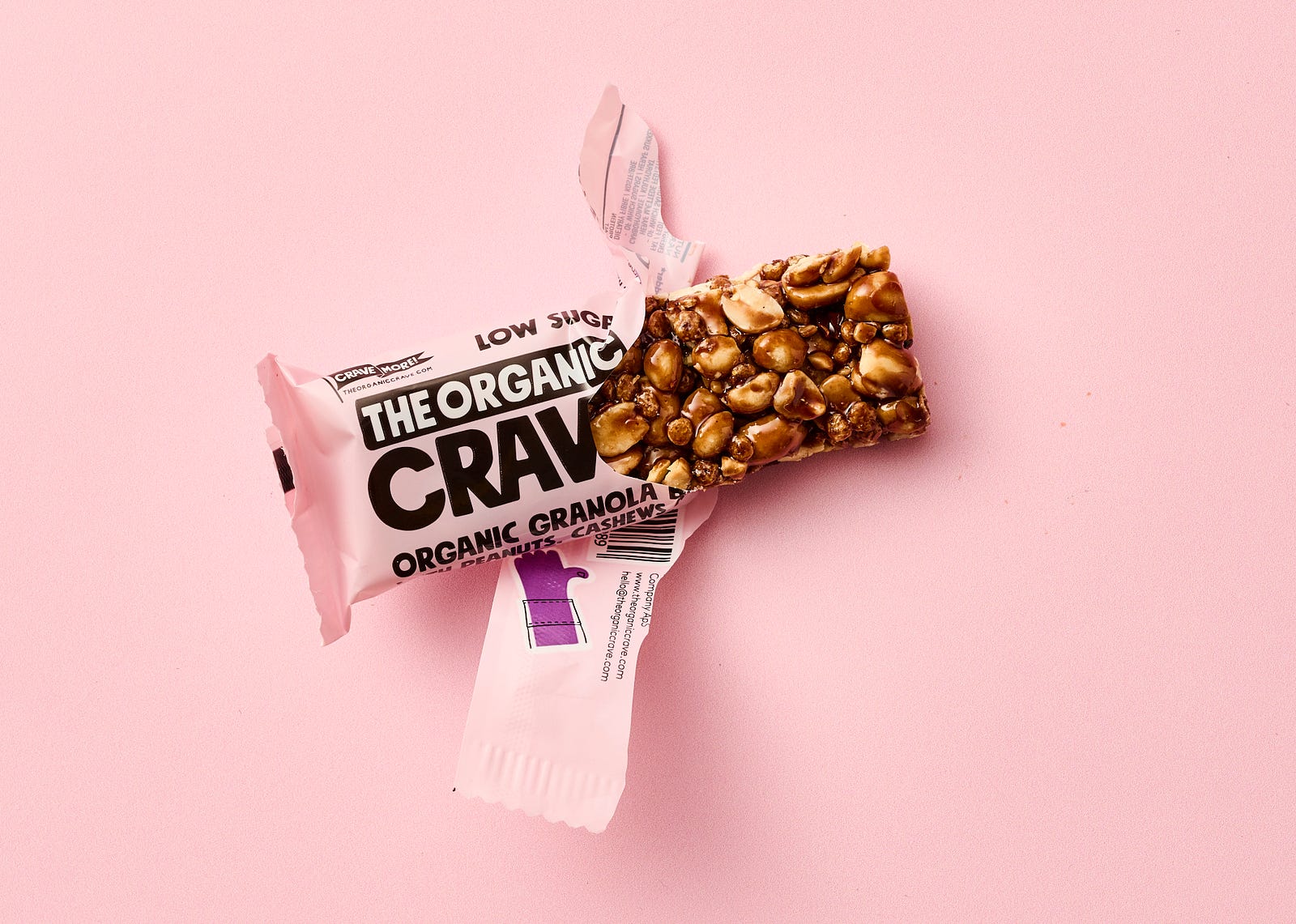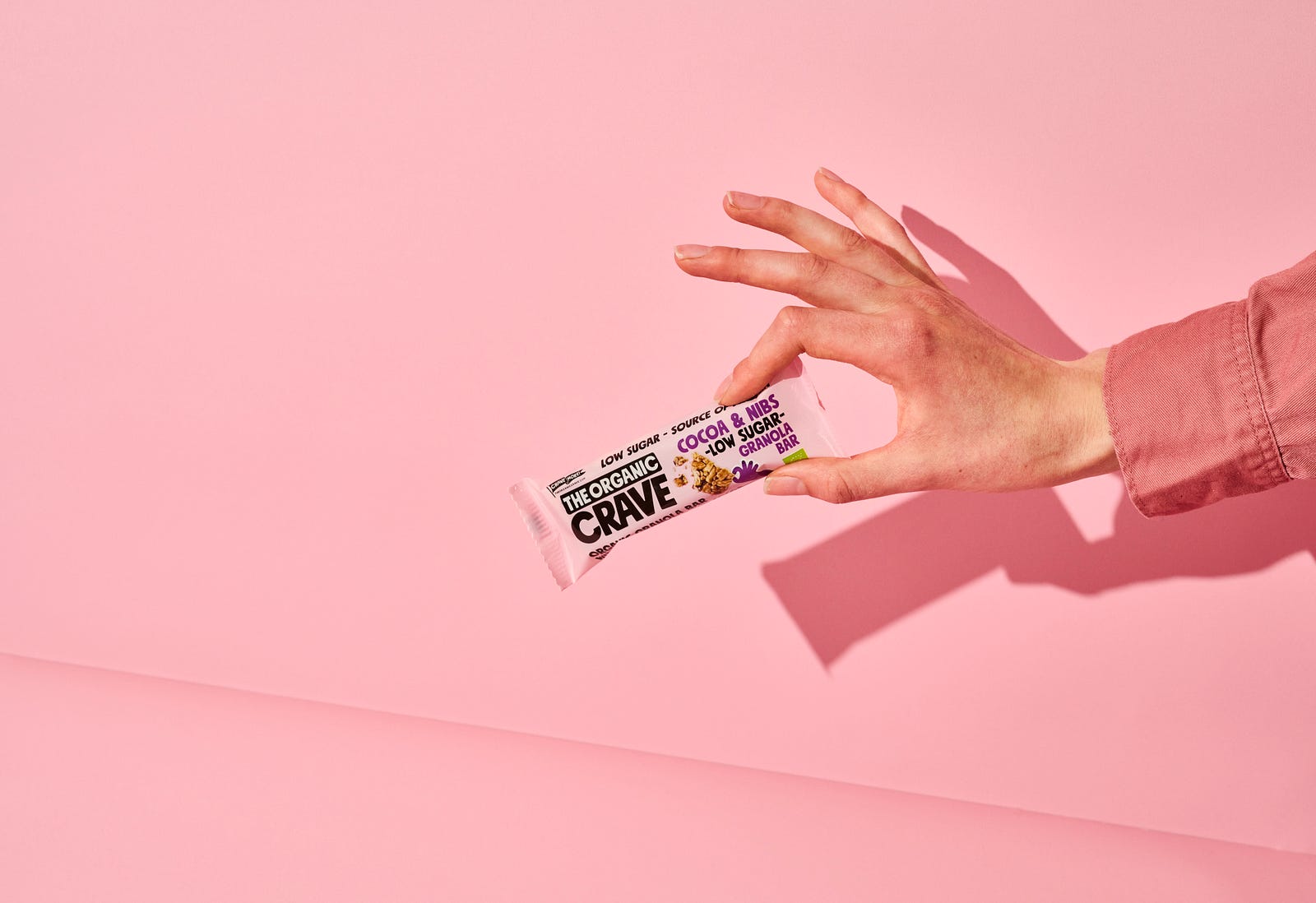PROTEIN BARS ARE CONVENIENT AND PORTABLE. On occasion, they can be a meal replacement option. But is your protein bar healthy? The quick answer is that it depends. The ingredients, protein amount, and overall nutritional profile matter greatly.
I incorporate protein bars into my day, particularly ones with intense resistance training. My goal? I want enough to build and repair muscle tissue and support my body’s function.
Others turn to protein bars because of busy lifestyles or no access to a full meal (for example, while traveling).
This article explores whether protein bars are healthy. We will also examine the best ways to weave them into your lifestyle.
Protein bars — history
The New York Times recently reminded us that in the late 1980s, two distance runners living together in the San Francisco Bay area (USA) blended oat bran, vitamins, and corn syrup in their kitchen.
They created would later become a PowerBar, one of the first protein bars in the modern era. Or, as The New York Times labeled it, a “high octane snack for yuppies and fitness freaks.”
In March of 2000, the Maxwells sold PowerBar to Nestle SA for one of the largest multiples of sales ever paid for a food company.

Do you use protein bars? They are seemingly everywhere, with use not confined to exercise fanatics. Today, I spied them in my local grocery store, the gym, and even the gas station.
The global protein bar market was valued at US$ 3.4 Billion in 2022. The market is growing, with a rise of 5.5 percent projected for 2023 to 2028. The COVID pandemic has altered buying patterns. The consumer is moving from conventional brick-and-mortar distribution channels towards online retail platforms to buy protein bars.
There is a rising consumer focus on healthy, convenient snacks. Today, you can find plant-based, organic, or gluten-free protein bars. But are they healthy? Do they improve my exercise program?
How Much Protein Do You Need?
HOW MUCH PROTEIN DO YOU NEED TO CONSUME to help your aging muscles? Today I hope to answer that question while offering…medium.com
Protein bars — nutrition
There is great variability regarding the nutrient composition of different protein bars. The ingredients vary; for example, many protein bars contain dates, nuts, seeds, dried fruit, and whole grains (for example, quinoa or oats).
The United States Department of Agriculture (USDA) offers that the average protein bar has the following:
- Fat 5 to 10 grams
- Carbohydrates 25 to 35 grams
- Fiber 5 to 10 grams
You may also find micronutrients such as iron, B vitamins, potassium, and calcium.
Please be careful; some protein bars use a proprietary ingredient blend and put no details on the packaging.
Now some perils: Many protein bars have a lot of added sugars. You may see unhealthy sweeteners such as high fructose corn syrup. Here are six reasons I have a disdain for high fructose corn syrup:
6 Reasons Why High-Fructose Corn Syrup Is Bad for You
High-fructose corn syrup (HFCS) is an artificial sugar made from corn syrup. www.healthline.com
Protein bars can be packed with calories, too. Most have 150 to 400 calories (in addition to 10 to 20 grams or more of protein). The protein may be from dairy (casein or whey). Egg whites may be a protein source, as can plants such as soy, brown rice, or pea.
The protein bar may use concentrated protein sources such as soy protein or whey isolates (rather than less processed, whole-food options).
Please read the protein bar label carefully. Are there unhealthy fats? Added sugars? Artificial colors, flavors, or preservatives? What about vitamins and minerals?
Protein bars: Why consider them?
Let’s look at some of the potential benefits of protein bars. They can be a convenient snack for those trying to increase their protein intake. Aim for a high-quality bar with whole food ingredients and minimal added sugars.
- Weight loss. High protein diets may support healthy weight loss (more than diets with standard amounts of protein). This may be because we feel more full with protein on board. Of course, using protein bars alone is not a good weight loss strategy; healthy weight loss requires regular physical activity and a balanced diet.
- Muscle gain. I am currently looking to put on some muscle mass, and adding protein to my diet (in addition to regular exercise) may help me to achieve my goals. The American College of Sports Medicine recommends that endurance and strength-trained athletes “consume 0.54–0.77 grams of protein per pound (1.2–1.7 grams per kg) of body weight.”
- Meal replacement. I have a protein bar (with some fruit) in a pinch for lunch. I prefer to take a brisk walk. I avoid bars with added sugar or hydrogenated oils.
- Weight gain. Protein bars may be a good addition to your balanced diet if you aim to consume more calories than you burn. Some protein bars have 350 calories. Look for wholesome ingredients without much-added sugar or other additives.

My take
Protein bars can be a convenient and healthy snack. However, beware of calories, added sugar, and other unhealthy additives. Please read the label; you might be surprised at how unhealthy some protein bars can be.
Choose a bar that meets your diet aims, but you shouldn’t use protein bars as your main nutrition source. Writing in the New York Times, Anthony DiMarino, a registered dietitian with the Cleveland Clinic’s Center for Human Nutrition (USA), offers this opinion:
“If you’re having a protein bar as a snack or post-workout supplement, aim for a one that has roughly 200 calories per serving, with fewer than five grams of fat and five grams of added sugar. And the amount of protein it contains can vary from bar to bar, but you might want to aim for one with 15 to 20 grams per serving.”
If you choose to use protein bars, please choose carefully; there is a lot of Frankenfood out there that is highly processed and chock full of sugar and salt. Do you need help selecting? Healthline offers some protein bar recommendations:
10 Best Protein Bars: Taste-Tested and Dietitian-Approved
Protein bars are a popular snack and can be a simple and tasty way to squeeze more protein into your daily diet…www.healthline.com
If you know someone with breast cancer, here is my comprehensive online course:
Dr. Michael Hunter’s Wellness!
Edit descriptionbreastcancerbydrhunter.thinkific.com
The information I provided in this blog is for educational purposes only and does not substitute for professional medical advice. Please consult a medical professional or healthcare provider for medical advice, diagnoses, or treatment. I am not liable for risks or issues associated with using or acting upon the information in this blog.
Thank you for reading “Is Your Protein Bar Healthy?”




